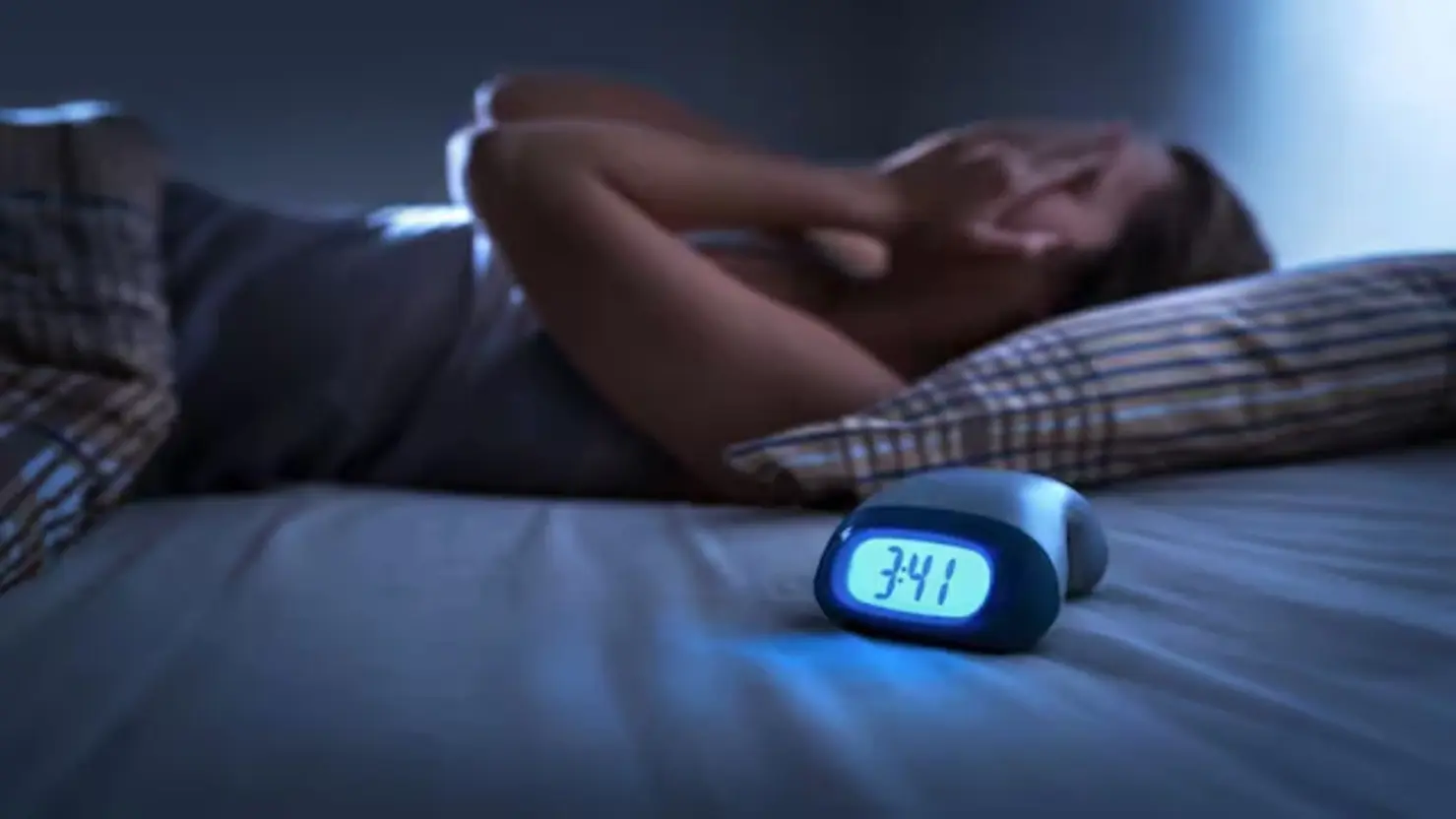Study Connects Pre-Sleep Arousal to Sleep Issues in ADHD Traits

Study Connects Pre-Sleep Arousal to Sleep Issues in ADHD Traits
Research reveals a link between pre-sleep arousal and sleep problems associated with ADHD traits, suggesting new avenues for treatment.
A recent study has explored the relationship between pre-sleep arousal and sleep disturbances prevalent among individuals exhibiting traits associated with Attention Deficit Hyperactivity Disorder (ADHD). The findings suggest that heightened arousal prior to sleep may significantly influence sleep quality in those with ADHD-like characteristics.
ADHD and Sleep Disorders
Attention Deficit Hyperactivity Disorder, a neurodevelopmental disorder impacting roughly 2.5% of adults, is frequently accompanied by sleep issues. Reports indicate that up to 90% of individuals with ADHD experience sleep-related difficulties, which can manifest in forms such as insomnia and excessive daytime sleepiness. Despite the high prevalence, the mechanisms connecting ADHD to impaired sleep remain poorly understood.
The Role of Pre-Sleep Arousal
Pre-sleep arousal is often cited as a common issue affecting sleep onset among people with ADHD. The current study aimed to investigate whether this pre-sleep agitation might mediate the relationship between ADHD symptoms and overall sleep quality. Researchers collected data from two independent groups of participants, comprising 104 online respondents and 96 in-person participants gathered a year later to replicate initial findings. The study investigated connections between self-reported ADHD-like traits, pre-sleep arousal levels, and sleep quality.
Impact of Pre-Sleep Arousal
Results indicated a clear correlation between the severity of ADHD-like traits and poor sleep quality. Notably, the association was largely mediated by cognitive aspects of pre-sleep arousal, which refers to mental activities that occur before falling asleep. In essence, greater pre-sleep cognitive arousal was linked to more significant sleep initiation issues. Research suggests cognitive arousal may be particularly influential, with its impact being up to ten times more prominent than physiological arousal.
Further Implications
The implications of these findings are substantial. By establishing pre-sleep arousal as a mediator in the ADHD-sleep connection, the research opens doors to potential therapeutic interventions. Improving sleep quality in individuals with ADHD might also enhance cognitive functions that are commonly impaired due to insufficient sleep, such as attention and response inhibition. The research advocates for further studies and clinical trials focusing on interventions that target pre-sleep arousal.
Research Methodology
The study employed a series of self-report questionnaires to evaluate ADHD symptoms, sleep quality, and pre-sleep arousal. Data were analysed to assess correlations and mediation effects, revealing that cognitive pre-sleep arousal was indeed a significant factor in predicting sleep onset latency and overall insomnia symptom severity. The methodologies followed ethical guidelines, ensuring that all participants provided informed consent and could withdraw from the study at any time.
Conclusion
This study adds to the growing understanding of how ADHD traits and sleep problems interact, with pre-sleep arousal highlighted as a key area for future research. By targeting this aspect, clinicians may develop more effective strategies to alleviate sleep disturbances in individuals exhibiting ADHD traits. The findings also urge caution in interpreting these relationships, suggesting the need for further investigation into the directionality of the effects observed.
As the complexity of ADHD and sleep issues continues to unfold, the study underscores the necessity of interdisciplinary approaches that address both psychological and physiological components of this pervasive disorder.

Reliance Retail acquires Kelvinator, The Coolest One
Reliance Retail has purchased the Kelvinator brand from Electrolux for nearly ₹160 crore, aiming to strengthen its position in India's consumer durables market.
| 2025-07-19

Saiyyara has shattered every myth about launching newcomers. No big names, no big PR
Madhur Bhandarkar praises debut film 'Saiyaara' for its raw talent and storytelling, marking a shift in Bollywood's approach to newcomers.
| 2025-07-19

India slams reports blaming pilots for Air India crash
India's AAIB disputes US media assertions regarding Air India AI 171 crash, highlighting ongoing investigation and sensitivity towards victims' families.
| 2025-07-18

India Secures Four-Wicket Win in ODI Series Opener Against England
India achieves a four-wicket victory over England in the ODI series opener, led by Deepti Sharma's unbeaten 62 runs.
| 2025-07-17

Air India inspection claims no problems found with Boeing 787 fuel control switches
Air India has conducted thorough inspections of its Boeing 787 fuel control switches, reporting no problems following a DGCA directive.
| 2025-07-17




